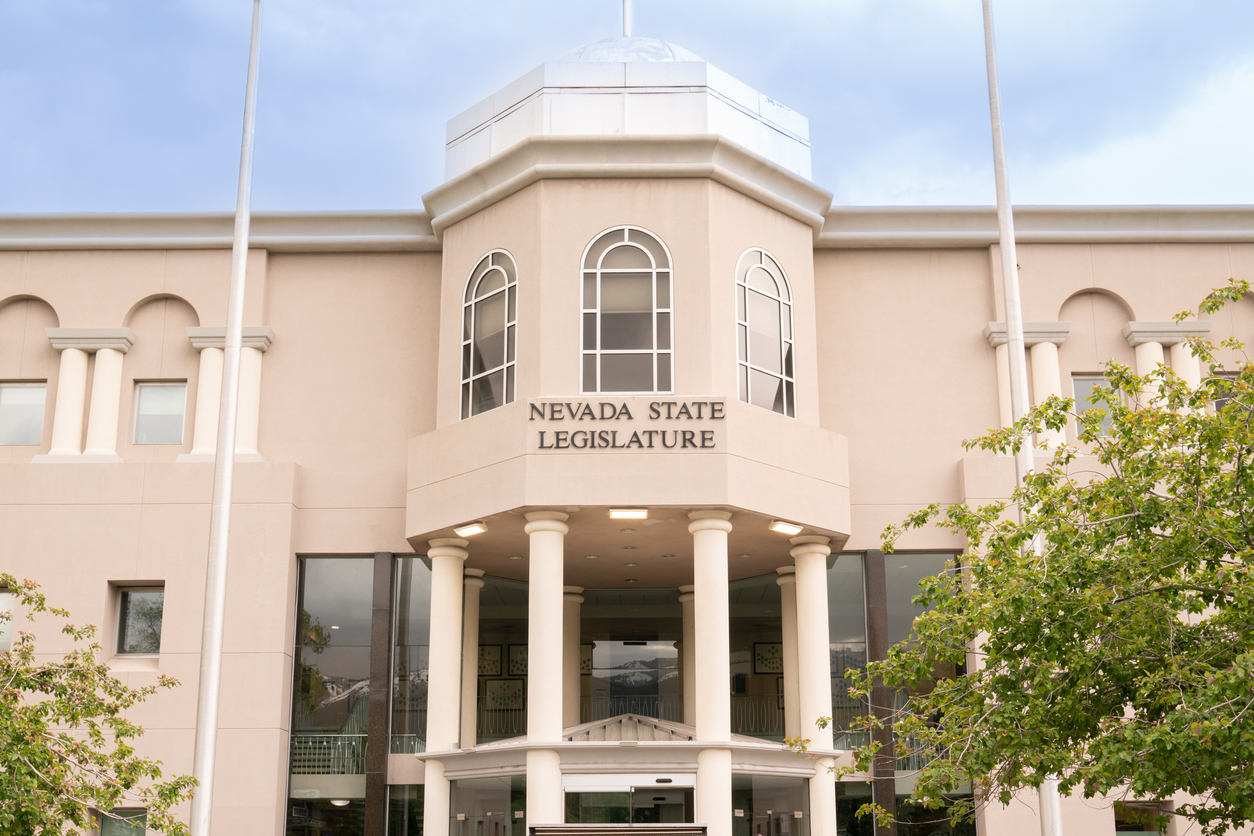After a wildfire claim, many policyholders breathe a sigh of relief when they receive an advance or “undisputed” payment from their insurance company. But I often get calls from public adjusters or homeowners who are shocked when that same insurer later denies part—or all—of the claim, especially if they are dealing with California FAIR Plan. However, in many cases, I am hearing that carriers are making their payments, sometimes even without a “reservation of rights,” and later denying coverage for losses.
Two recent decisions—one published, one unpublished—make clear that early payments don’t lock the insurer into coverage and don’t prevent them from asserting coverage defenses later if policy conditions weren’t met.
A Carrier’s Payments on a Claim Does Guaranty Coverage – Gharibian v. Wawanesa General Insurance Company
In Ghrabiabian v. Wawanesa General Insurance Company, the California Court of Appeal addressed a smoke damage claim arising from the 2019 Saddle Ridge fire. 1 The insurer, Wawanesa, issued approximately $20,000 in early payments to the homeowner. However, the homeowners decided not to hire a professional cleaning company and instead asserted that the costs to repair the home were higher.
The insured sued for breach of contract and bad faith, arguing that Wawanesa had accepted coverage by making payments related to wildfire damage, among other reasons. However, on summary judgment, the trial court ruled that there was no coverage for the claim. Further, its reasoning was based on case law holding that carriers often adjust claims for reasons unrelated to their merits. For that reason, the court ruled that payments should not be considered admissions of liability or the substantive acceptance of obligations under the policy. The appellate court affirmed the trial court ruling.
Advances Do Not Mean Coverage – Razuki v. AmGUARD
In an unpublished decision, Razuki v. AmGUARD Insurance Company, the Ninth Circuit Court of Appeals reached a similar conclusion. 2 After a fire loss, AmGUARD issued a $50,000 advance without a reservation of rights regarding protective safeguards on the policy that required the building to have a fire sprinkler system. It later denied the claim based on alleged policy violations.
The insured argued the advance amounted to a waiver and estoppel, but both the trial and appellate courts disagreed. It emphasized that the advance was made during the investigation and under a clear reservation of rights. As a result, AmGUARD retained the ability to later deny the claim without creating liability for bad faith.
What This Means for Policyholders and Adjusters
Just because an insurer cuts a check doesn’t mean the claim is accepted. Early payments often reflect only mitigation efforts or partial losses. Unless the insurer issues a clear and unqualified acceptance of coverage, those payments don’t guarantee anything going forward.
This also serves as a reminder: policyholders must still follow the rules. That includes cooperating with inspections, producing requested documents, mitigating damages, and being truthful. If a misrepresentation or policy breach surfaces later, the insurer can—and often will—use that to deny or limit the claim, even after payment.
Finally, a denial after an advance isn’t automatically bad faith. California courts have consistently allowed insurers to reevaluate claims as more information becomes available, as long as their actions are reasonable and grounded in the policy.
This issue was echoed just recently by Chip Merlin, where, in his recent post, Protective Safeguard Endorsements Are Dangerous to Coverage, he discussed that post-loss payments “do not equate to a waiver of [the insurer’s] right to deny claims if coverage never existed under the policy.” 3
Bottom line: That early check might look like a green light—but it may just be a placeholder. If you’re unsure where your claim really stands, ask for clarification, keep documenting, and, if needed, talk to someone who knows how to hold insurers accountable.
1 Gharibian v. Wawanesa Gen. Ins. Co., 108 Cal.App.5th 730 (Cal. Ct. App. 2025) (published).
2 Razuki v. AmGUARD Ins. Co., No. 24-2352 (9th Cir. June 6, 2025) (unpublished).
3 Chip Merlin, Protective Safeguard Endorsements Are Dangerous to Coverage, Property Insurance Coverage Law Blog (June 11, 2025).




